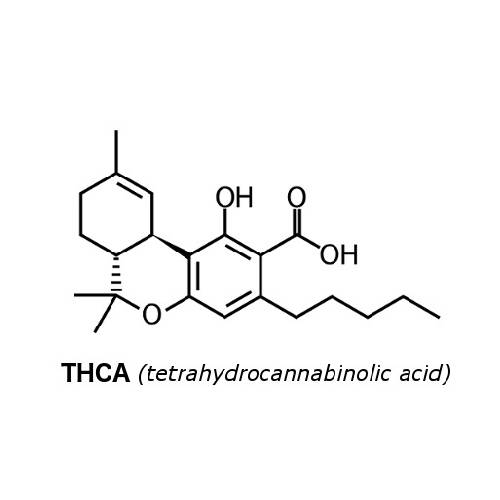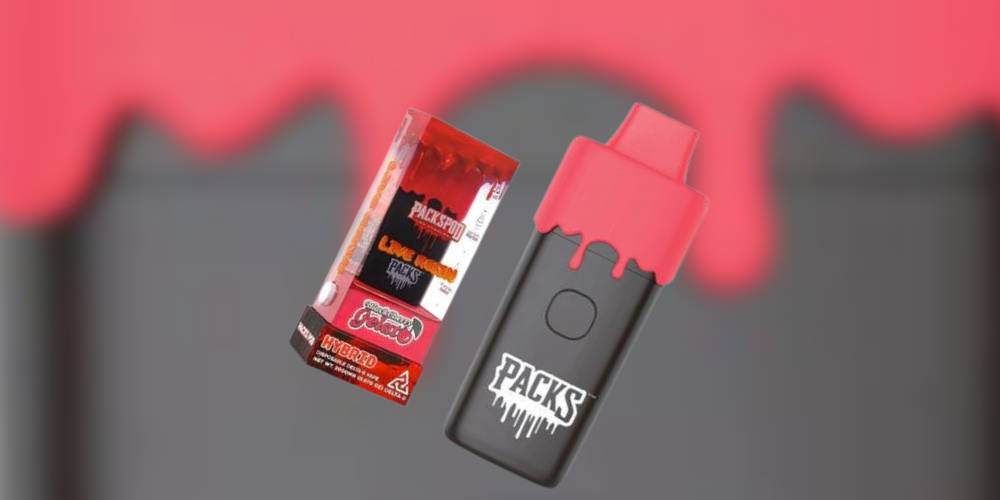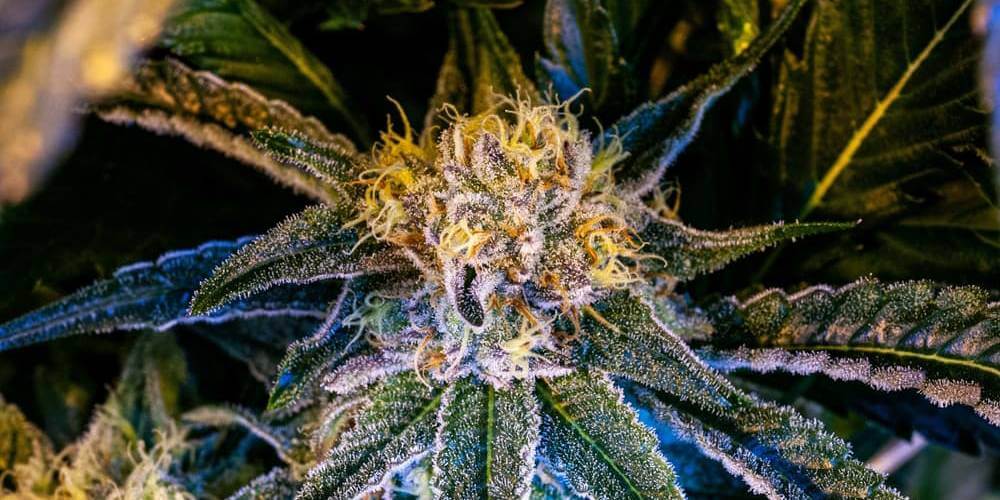Yes, you will fail a urine drug test for THC if you use THCA products. This statement often surprises many, especially those who are exploring the realm of cannabis compounds. Let’s delve into why this is the case, and what you need to know about THCA.
Understanding THCA
Firstly, what is THCA? Tetrahydrocannabinolic acid (THCA) is a non-psychoactive precursor to tetrahydrocannabinol (THC), the main compound in cannabis that causes the high feeling. THCA is found in the raw cannabis plant, and it doesn't affect the mind or body in the same way that THC does. However, when THCA is exposed to heat, through a process known as decarboxylation, it converts into THC.
The Testing Dilemma
Now, onto the crucial part about testing: even though THCA itself doesn’t produce psychoactive effects, it can still lead to a positive drug test for THC. This is because most standard drug tests are designed to detect the presence of THC or its metabolites. Since THCA converts into THC when heated, traces of THC might still be present in your system if you have consumed THCA products, especially if these products have undergone some form of heating or aging.
The Source Matters
The type of THCA product you use can also impact test results. For instance, fresh cannabis leaves and flowers contain THCA naturally, but once they are dried and cured (processes involving heat and aging), some of the THCA may convert into THC. Similarly, products labeled as containing "raw cannabis juice" might sound safe, but there's always a risk of THCA converting to THC if not stored or handled properly.

Consumption and Conversion
Understanding how THCA converts to THC can help in managing consumption better. When raw cannabis is smoked, vaped, or cooked, it undergoes decarboxylation, effectively turning THCA into THC. Even if a product is carefully prepared to retain as much THCA as possible without converting it, the slightest application of heat can start the conversion, thereby increasing the likelihood of a positive drug test.
The Legal Landscape
Legality is another important aspect to consider. In places where cannabis is legal, either medically or recreationally, you might still face restrictions or legal implications based on the results of a drug test. Employers, for example, may have policies that prohibit the use of cannabis products, regardless of their legal status in the jurisdiction.
Risk Management
So, what can you do if you need to manage your risk of testing positive? Knowledge and precaution are key. If you are using cannabis products for their potential benefits but are concerned about drug testing, it might be wise to avoid products that contain THCA, unless you are absolutely sure of their composition and handling. Moreover, if you are subject to regular drug tests, consulting with healthcare professionals or legal advisors who understand the nuances of cannabis-related regulations might be beneficial.
The Need for Specific Testing
This situation highlights the need for more specific testing methods that can distinguish between the direct consumption of THC and the incidental presence of THC due to the consumption of THCA. Current tests do not make this distinction, which can lead to misunderstandings about an individual's intentional use of psychoactive substances.
Conclusion
In summary, while THCA itself is not psychoactive, its potential to convert into THC can indeed result in a positive drug test for THC. This fact is crucial for anyone using cannabis products to understand, particularly if they are in environments where drug testing is common. Staying informed about the products you use and their processing can help mitigate the risks associated with drug testing. As the legal landscape and scientific understanding of cannabis continue to evolve, hopefully, future advancements will offer clearer distinctions in drug testing technologies to address these challenges.



